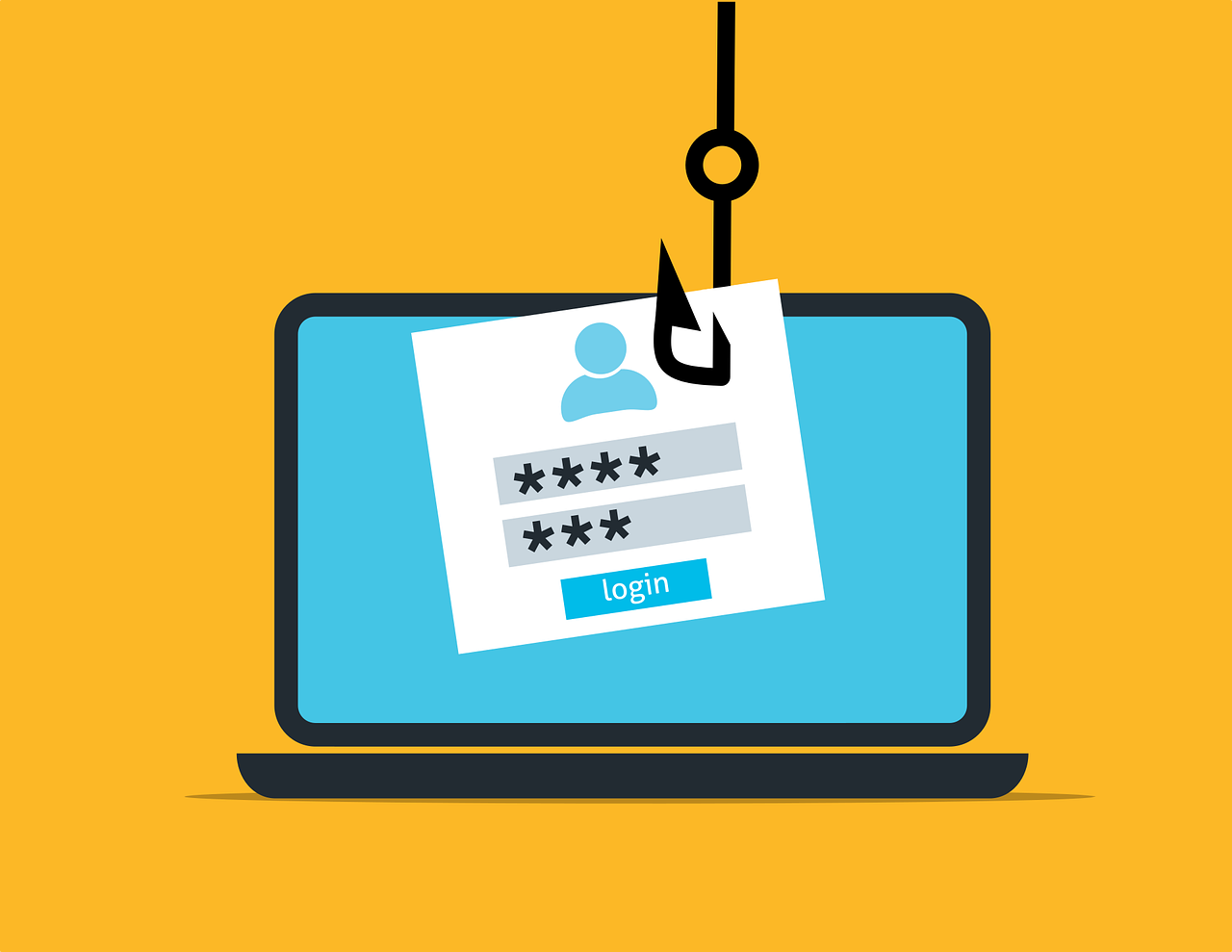Business owners know it’s all about the bottom line, which is why they get quotes from contractors when they need work done on their assets. For example, the roof on your office building may need a repair, the outside could attract more customers with a little landscaping, or the office needs a part-time cleaner. The contractor that usually wins out is the contactor that has the lowest bid, and sometimes those deals are only available if you are willing to pay in cash.
Is cash for contractor services a problem in Canada?
Cash is king, right? At an auction or a fire sale, maybe. In the business world, cash for contractors usually means one thing – tax avoidance.
Contractors that offer you a cash deal and don’t provide you with a written contract, receipt, and a GST/HST/QST number are likely trying to get paid “under the table” to avoid paying taxes. It’s a common problem and it’s called the underground economy.
Back in 2012 The Globe and Mail ran an article that noted “When presented with two quotes from a contractor – a cheque payment or a lower cash payment with no tax – 55 per cent of Canadians said they would choose cash.” And only 30 per cent felt like there was anything wrong with doing that. The article quoted Cleo Hamel, a senior tax analyst with H&R Block as saying, “People feel like they already pay a lot of taxes and if they can save a few hundred dollars on this project, they can use that for something else. Also, some of them may think it is perfectly okay to do so.”
A recent article in a financial magazine showed that little has changed in the last five years, as many small businesses providing contracting services admitted, anonymously, to doing cash deals to avoid paying the tax man.
What’s the harm in paying a contractor in cash?
Nobody wins in this scenario.
Let’s say you are the business that paid cash to a contractor in order to get some work done for cheap under the table, you have left yourself with no viable recourse for sloppy work, unsafe work practices on your property (insurance or WCB are likely not carried by such contractors), inferior materials and fraud. If the work was done to a capital asset, such as a major roof restoration, you could void your warranties and run into issues with properly valuating your assets.
If you are the contractor in this scenario, it’s not a matter of if you get caught – it’s a matter of when. It’s hard to hide in this digital age. Look at what happened to Square’s customers. You may think you are doing work under the table, but you can get found out if you are using a site like PayPal, a device like Square or an intermediary like eBay. The company you contracted to may report the job in their financials and show they paid cash, which is another link back to you. When caught, you will be penalized financially, and could also face criminal charges and jail time.
Save money by doing things right
Like it or loathe it, if you do business in Canada, you need to play by the rules. Don’t engage in the underground economy. If you try to cut corners to save cash, it’s going to cost you big time.
Don’t like dealing with the ins and outs of accounting, taxes and reporting to CRA? Then call AF Accounting. We are designed to help small business owners with their accounting needs, and we take the guess work, and the hard work, out of the equation.











